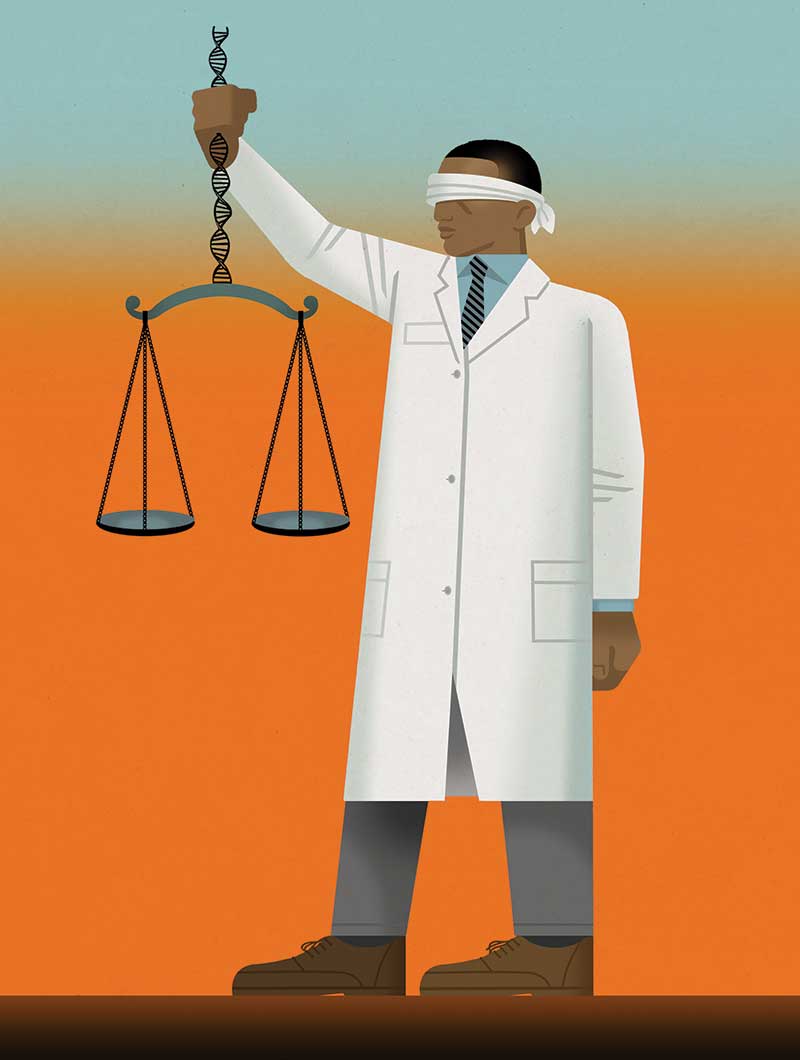The Slippery Slope of Scientific Ethics

Send us a link

Ethics watchdogs are looking out for potentially undisclosed use of generative AI in scientific writing. But there's no foolproof way to catch it all yet.

Public awareness campaigns have not stemmed sexual harassment at Swiss universities. A new generation of women is taking matters into their own hands.


While some worry "wokeist" ideology could corrupt scientific merit, it could be our problematic understanding of the latter that poses an even greater threat to science, two philosophers argue.

How academic institutions can prevent sexual harassment and protect scientists.

Several cases of renowned scientists being offered large sums of money by institutions in authoritarian countries - such as Saudi Arabia - have been exposed by EL PAIS.
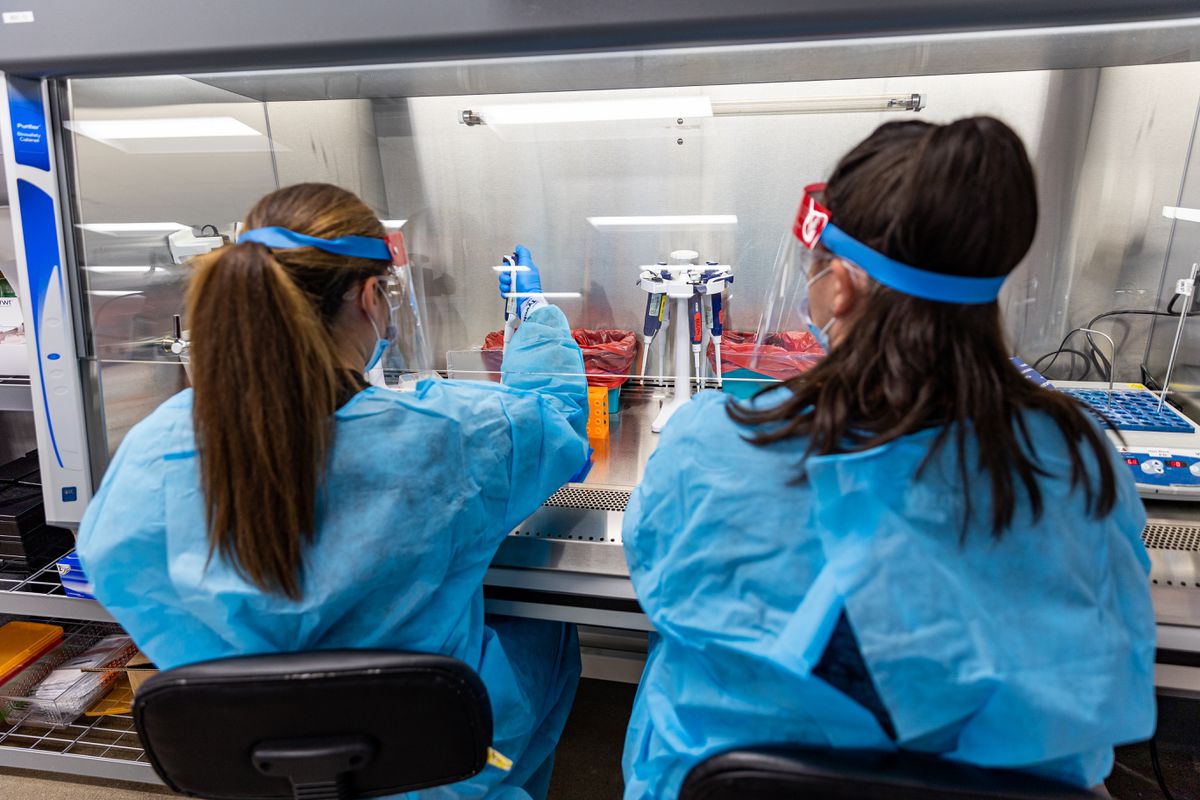
Germany's federal research minister Bettina Stark-Watzinger is calling for sweeping reforms at the Fraunhofer Society, one of Europe's most prestigious applied research organisations, after auditors found "numerous violations" of financial rules, including members of the executive board exceeding spending limits for hotel stays and hiring luxury cars.
Nearly 5 years after a Chinese scientist sparked worldwide outrage by announcing he had helped create genetically edited babies, China has unveiled new rules aimed at preventing a repeat of such ethically problematic research on humans.
Conversational AI is a game-changer for science. Here's how to respond.

A new global organisation is trying to prevent dramatic advances in bioscience from unleashing engineered pathogens from the lab, and wants research funders, scientists and journals to help. The International Biosecurity and Biosafety Initiative for Science (IBBIS) warns that scientists might be able to order the DNA of dangerous pathogens like smallpox from unregulated companies, and wants much tighter screening of the industry.
The 2022 High Level Workshop on the European Research Area focused on ethics and integrity when science engages with the public, such as when advising decision makers, communicating to citizens, or having the public participate in the research process.
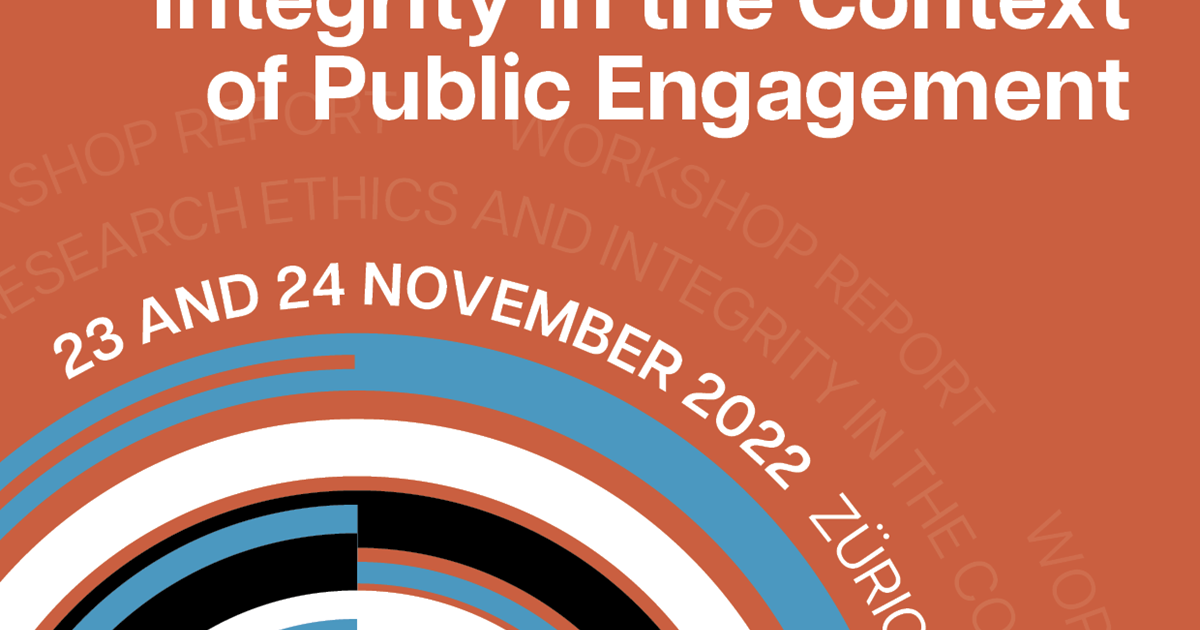
Laura Rego Alvarez, Head of Science Policy & Regulation, Cruelty Free International, discusses the science and ethics behind alternatives to animal testing
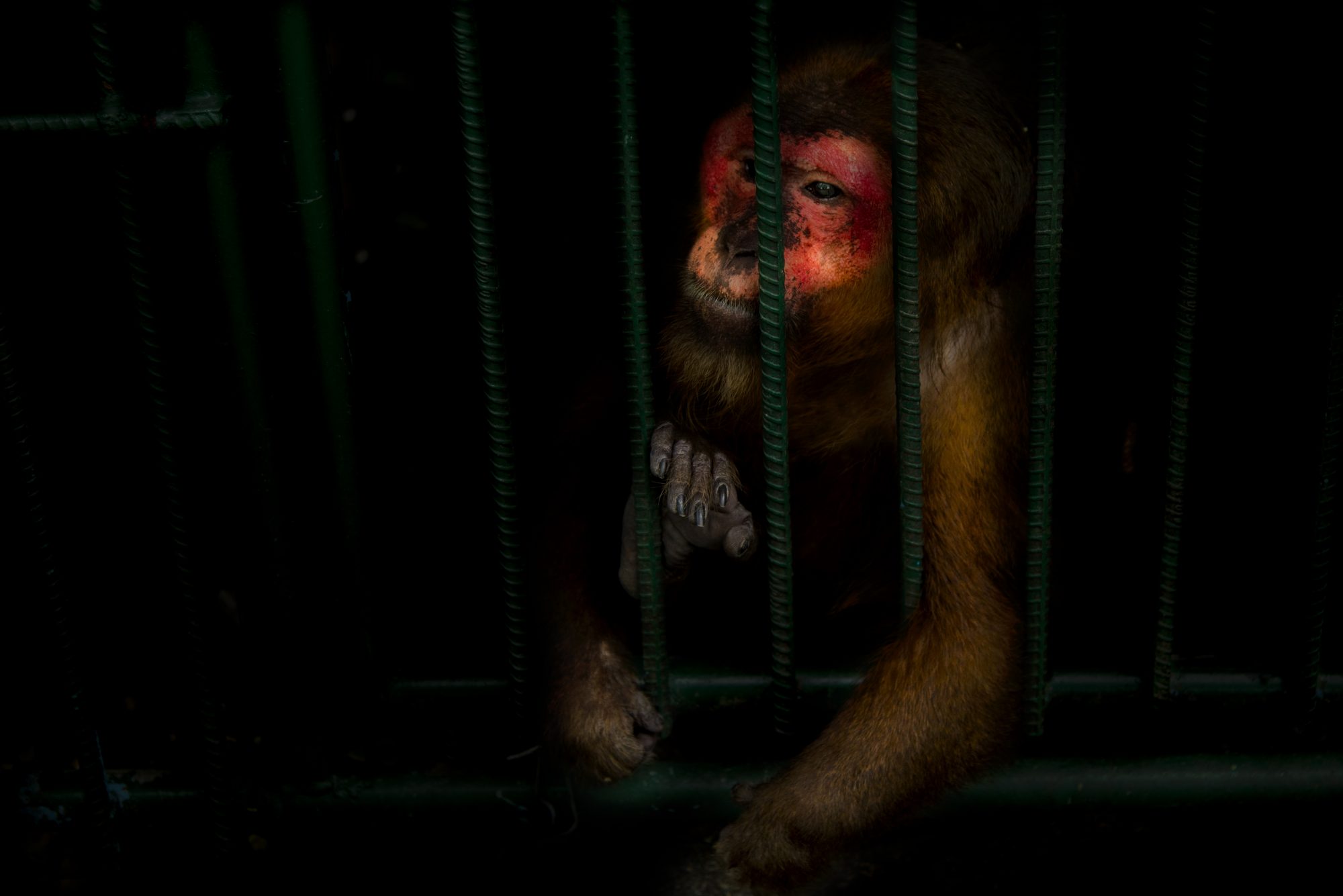
To fully desegregate science, institutions should bolster mentorship, safe spaces and a culture of belonging.

Science, technology and innovation research is not focused on the most pressing problems: taking climate action, addressing complex underlying social issues, tackling hunger and promoting good health and wellbeing.
Nature's recent efforts to redefine the ethical responsibilities of scientists leave a lot to be desired.
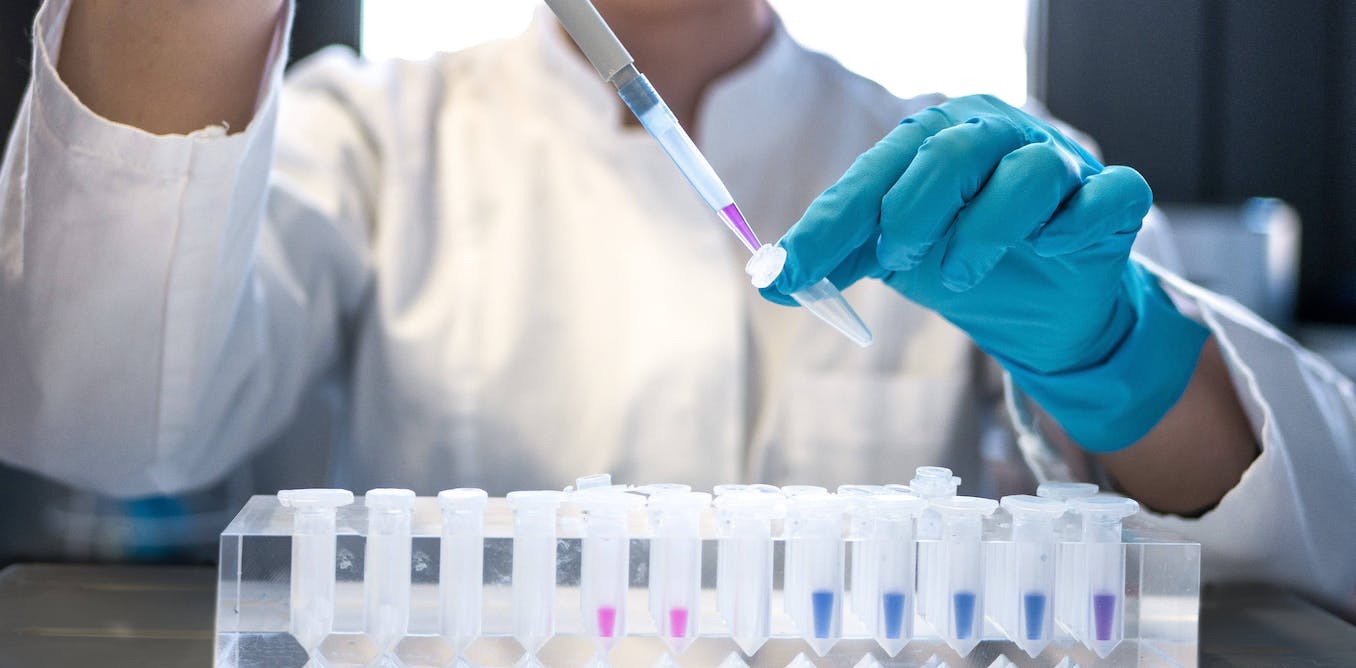
Climate change is projected to significantly alter the yield and price of wheat in the coming years. Prices for the grain are likely to change unevenly and increase in much of the Global South, enhancing existing inequalities.
The evaluation of the Ethics and Governance of AI Initiative is presented in this report.

A new ethics framework urges researchers to promote greater equity in global collaborations.
Springer Nature editors urge consideration of the potential harms of all research relating to human populations, not just that directly involving human participants.

The word "bioethics" dates only to 1927, and the subject, as an academic discipline, is only about 50 years old, but the ethical questions that accompany scientific discovery are ancient.
